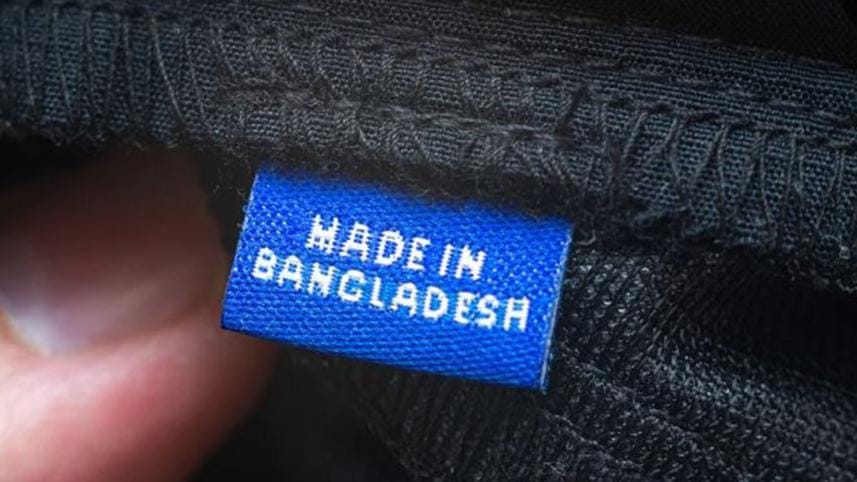US tariff freeze: Crucial window for better negotiations

The 90-day suspension of reciprocal tariffs by the US has brought a much-needed reprieve for Bangladesh's readymade garment sector, which had been preparing for a potential slowdown in orders and pricing pressures.
With the pause in place, industry insiders see a crucial window to negotiate better trade terms while ensuring timely shipments to avoid future tariff hikes.
Adding to the optimism, the US administration's steep 125 percent tariff on Chinese imports may redirect work orders to Bangladesh, further strengthening its foothold in the global apparel market.
However, exporters remain cautious, knowing that the long-term outlook hinges on the negotiations set to unfold in the coming months.
Before Donald Trump's announcement of the 90-day pause on reciprocal tariffs, US-based retailers and brands had been pressing for hefty discounts, putting work orders on hold at the factory level, and scaling back new order placements.
Bangladeshi garment exporters found themselves locked in intense negotiations with US buyers as the Trump administration's historic tariff measure was set to take effect from Wednesday, posing a serious threat to the country's $40 billion apparel industry.
Under the new tariff regime, local garment exporters were expected to face a combined duty of up to 53.5 percent in the US, including a 37 percent reciprocal tariff on top of the existing 16.5 percent Most Favoured Nation rate.
"The pause on the tariffs has given us a breathing space, allowing us to negotiate with the buyers," said Anwar Ul Alam Chowdhury, chairman of Evince Group.
Buyers, who had also been facing uncertainty over the tariffs, were no longer asking for holding productions, he said.
Ramzul Seraj, managing director of Elite Garments Ltd which ships 60 percent of its products to the US, said so far the prospect looks bright for Bangladesh because of the pause. This could be a window of opportunity for the country, he added.
Sharif Zahir, managing director of Ananta Group which ships nearly 40 percent of its $450 million annual garment export to the US, called on the government to tread carefully while negotiating with the US. He also said Bangladesh may benefit from the pause since China was facing much higher tariffs.
Faruque Hassan, former president of Bangladesh Garment Manufacturers and Exporters Association (BGMEA), said there is a possibility that work orders will be shifted from China to other countries, including Bangladesh. So, Bangladesh should utilise the opportunity and continue the negotiation with the Trump administration.
He emphasised that the pressure for price cuts and rushed shipments should ease now, warning that US buyers may slow down work order placements in the coming months as they await the final decision after the 90-day period.
Chief Adviser Professor Muhammad Yunus sent a letter to Trump on Monday, seeking a pause on the tariff. Yunus said the pause was needed to allow the interim government time to implement its plan to significantly increase imports from the US.
Commerce Adviser Sk Bashir Uddin also sent a letter to the United States Trade Representative Ambassador Jamieson Greer, offering zero duty benefits on imports of 100 American products on top of 190 already enjoying the facility.




 For all latest news, follow The Daily Star's Google News channel.
For all latest news, follow The Daily Star's Google News channel.
Comments